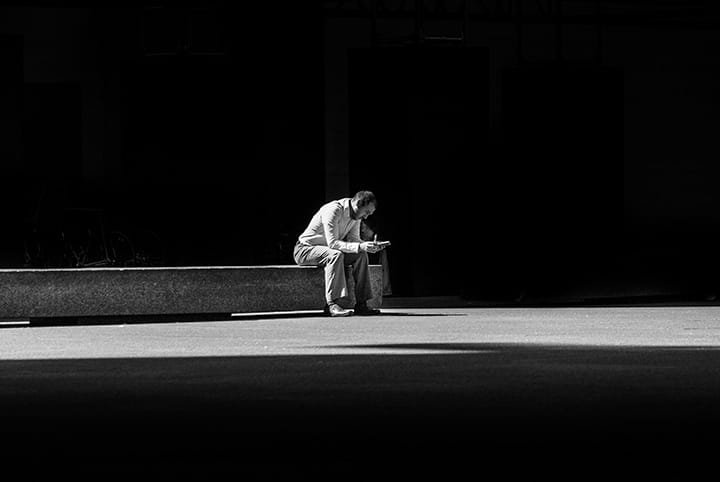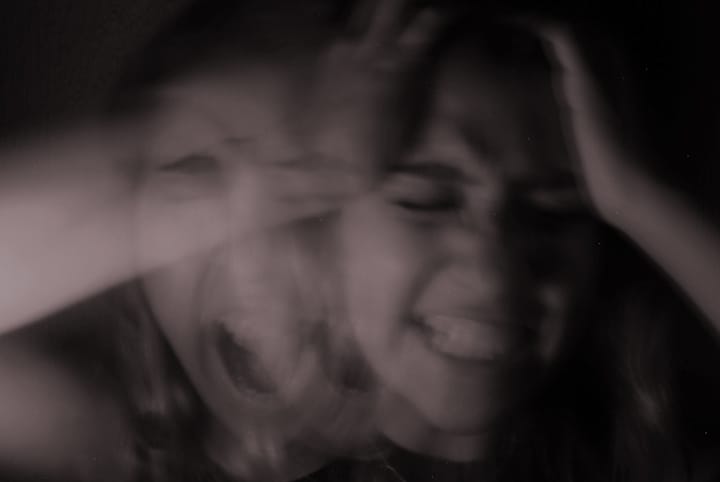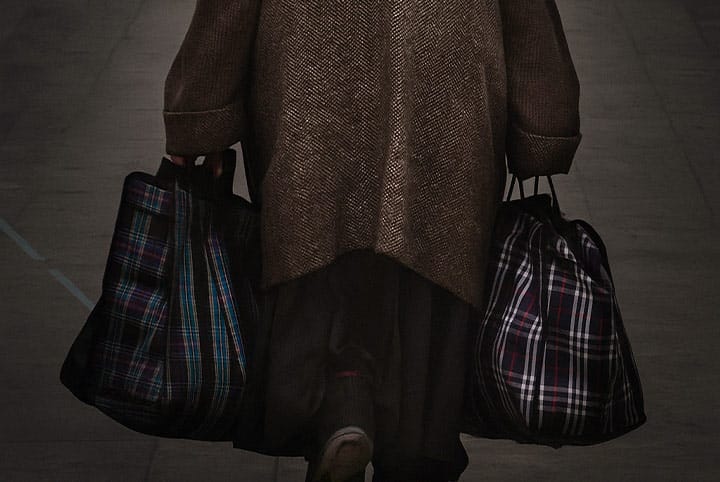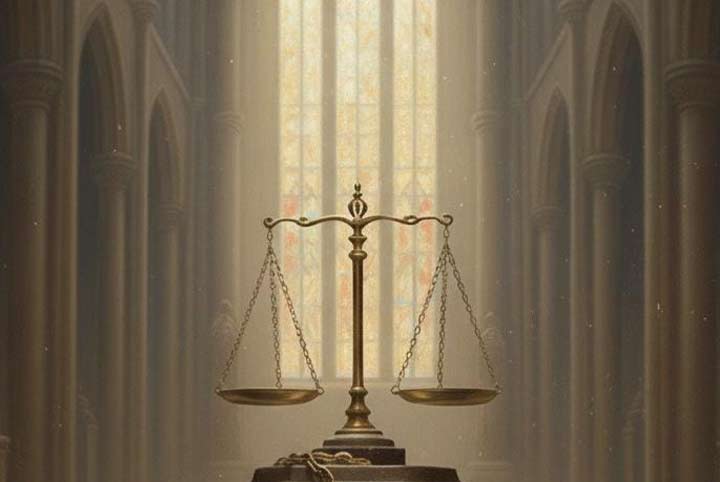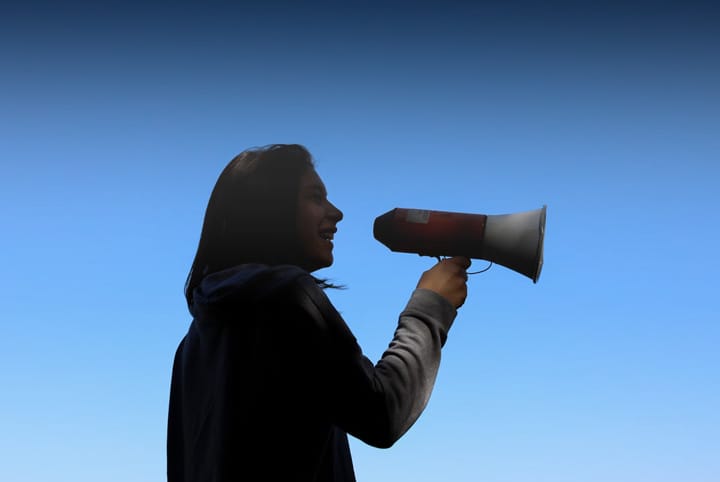Almost every day we witness the bitter reality in Indonesia. Farmers' lands are evicted for development, indigenous peoples are expelled from their ancestral territories, and small groups such as fishermen or laborers are increasingly marginalized. Their almost inaudible voices remind us of the psalmist's cry, "Why do you stand afar off, O Lord, and hide yourself in times of trouble?" (verse 1). This cry is not just a question, but a cry of faith struggling in divine silence. Psalm 10 paints a picture of how the wicked live in abundance and arrogance, believing that God does not see their deeds, and will not even demand anything. They are not atheists in theory, but practically exclude God from His role as a just Judge.
The Psalmist voices concern for those who use power and cunning to bring down the weak. They entrap, deceive, oppress and even kill, as if they will never be held accountable. This false belief, that God does not see and will not act, emboldens the wicked to continue their evil ways. In the psalmist's perspective, oppressing the little guy is akin to insulting God himself. When social justice is separated from belief in God, the violation of rights and the suffering of others becomes a kind of blasphemy against Godhead itself. This is a call for anyone who claims to believe, not to remain silent when evil happens in front of our eyes. Psalm 10 is also a cry of hope. It is not just a cry of anguish, but a prayer that believes that God does not allow this situation to go on forever. Prayer becomes a form of protest of faith, that God has not forgotten the poor and oppressed.
Friends of the Bible, in a world that is increasingly indifferent to the cries of the marginalized, we are called to be a voice for them: to cry out, defend, and act justly. The Psalmist reminds us that true faith is when we live out justice as an expression of love for God. Fighting for the world in the image of His justice is one form of our devotion to Him.
